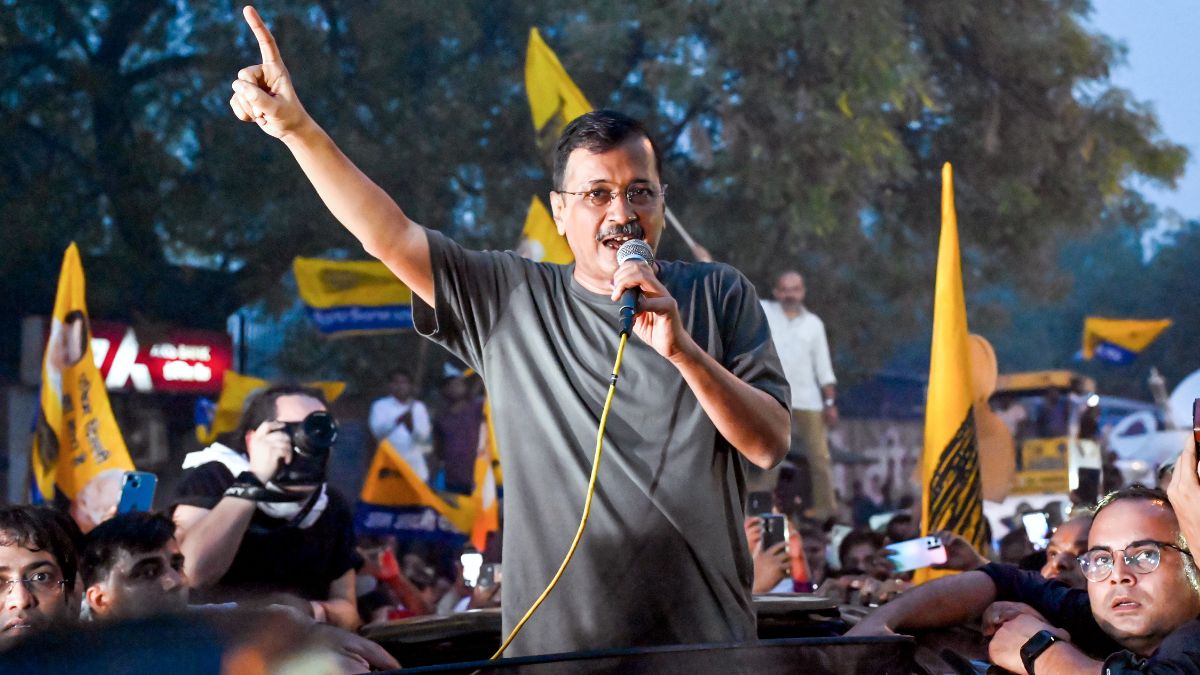The Supreme Court of India was hearing the bail plea of Delhi Chief Minister Arvind Kejriwal in connection to the Delhi Excise Policy case. During the hearing, the argument given by Additional Solicitor General (ASG) SV Raju, who appeared for the Central Bureau of Investigation (CBI), triggered a heated exchange between him and Raghav Chadha, a Rajya Sabha MP and AAP leader.
ASG Raju’s Arguments
The ASG raised several points challenging the maintainability of Kejriwal’s bail plea:
Bypassing Trial Court
Raju argued that Kejriwal’s plea directly approached the Delhi High Court without going to the sessions court first. He highlighted the provisions of Section 439 of the Code of Criminal Procedure (CrPC) which states that both the sessions court and the high court have concurrent jurisdiction in such cases. According to him, Kejriwal was seeking special treatment by bypassing the trial court.
Demoralization of Delhi High Court
Raju asserted that granting bail to Kejriwal by the Supreme Court would demoralise the Delhi High Court which had upheld his arrest. He contended that such an action would create a precedent undermining the authority of the high court.
Chadha’s Rebuttal and Response
Raghav Chadha, the AAP leader, strongly contested ASG Raju’s arguments:
“If Sun Rises From the East, It Will Demoralise the West”
In response to Raju’s assertion that granting bail to Kejriwal would demoralise the Delhi High Court, Chadha retorted with a sarcastic analogy: “If Sun rises from the East, it will demoralise the West.” His statement implied that the argument was nonsensical and contradicted natural law.
Special Treatment Argument
Chadha contested Raju’s claim of Kejriwal seeking special treatment by directly approaching the high court. He questioned why a common person should be treated differently from the Chief Minister when it came to seeking bail. He stated that both should be subject to the same legal processes.
Court’s Assurances
The Supreme Court bench, consisting of Justices Surya Kant and Ujjal Bhuyan, attempted to de-escalate the situation and provided reassurance to Raju:
No Demoralisation of High Court
The bench assured Raju that whatever decision they reached regarding Kejriwal’s bail plea would not demoralise the Delhi High Court. Their words implied that the Supreme Court intended to uphold the legal system while reaching a fair and just judgment.
Singhvi’s Argument for Kejriwal’s Bail
Abhishek Singhvi, senior advocate appearing for the Chief Minister, addressed the ASG’s argument and the court about the merits of the case:
No Need for Return to Trial Court
Singhvi asserted that the issues raised by the CBI regarding Kejriwal’s bail had already been extensively debated during the remand proceedings before the trial court. He argued that there was no justification to send the case back to the trial court.
Fair Trial Process
Singhvi pointed out that the arguments had already been heard and addressed in detail during the remand process. He emphasized that delaying the bail plea by sending it back to the trial court was unfair and prejudicial.
Take Away Points
- The bail hearing for Arvind Kejriwal highlighted the complexities and challenges associated with high-profile cases involving political figures.
- The case underscored the tension between judicial authority and political pressure.
- The Supreme Court’s decision on the bail plea will be keenly observed, and its rationale may have significant ramifications for the future of such politically sensitive cases.




